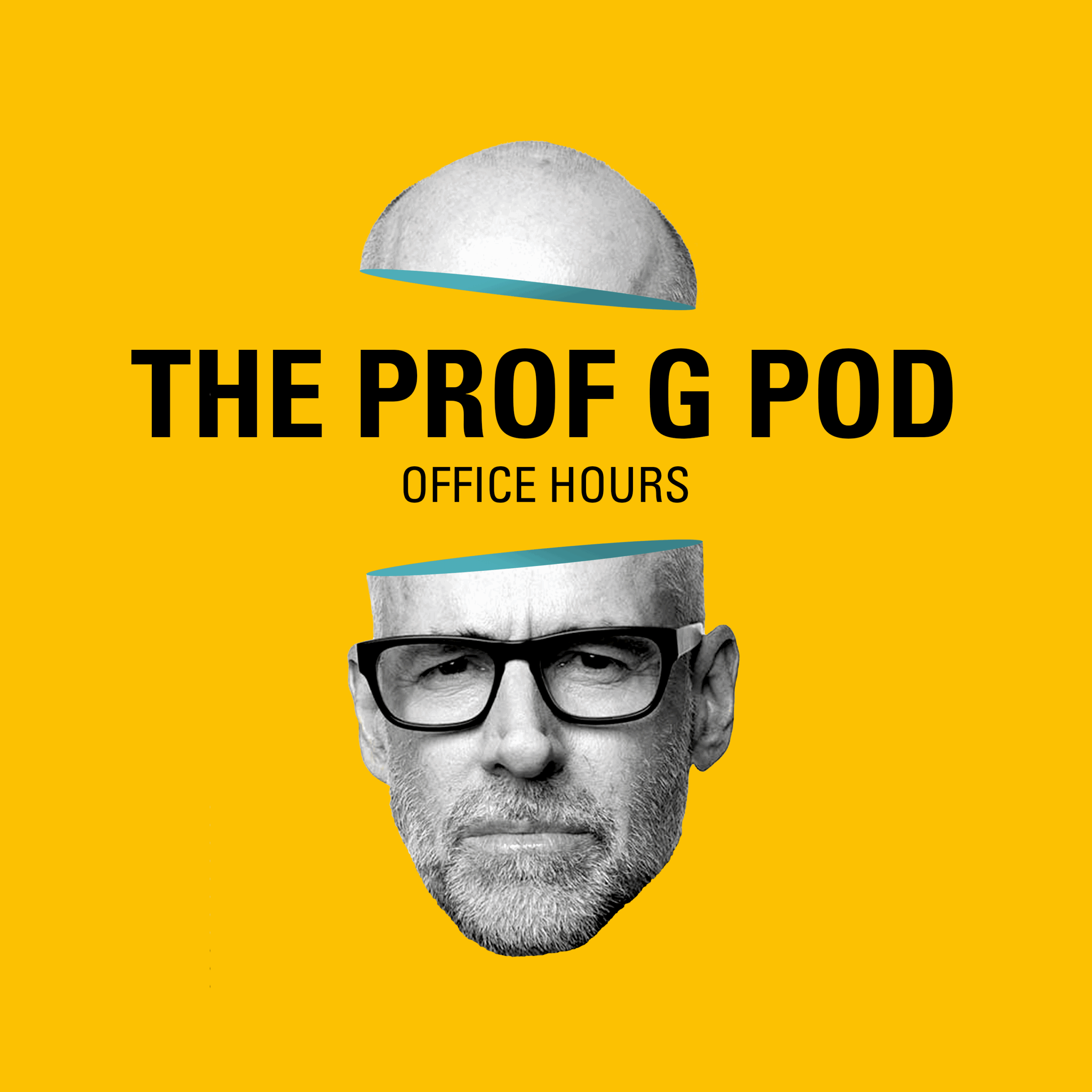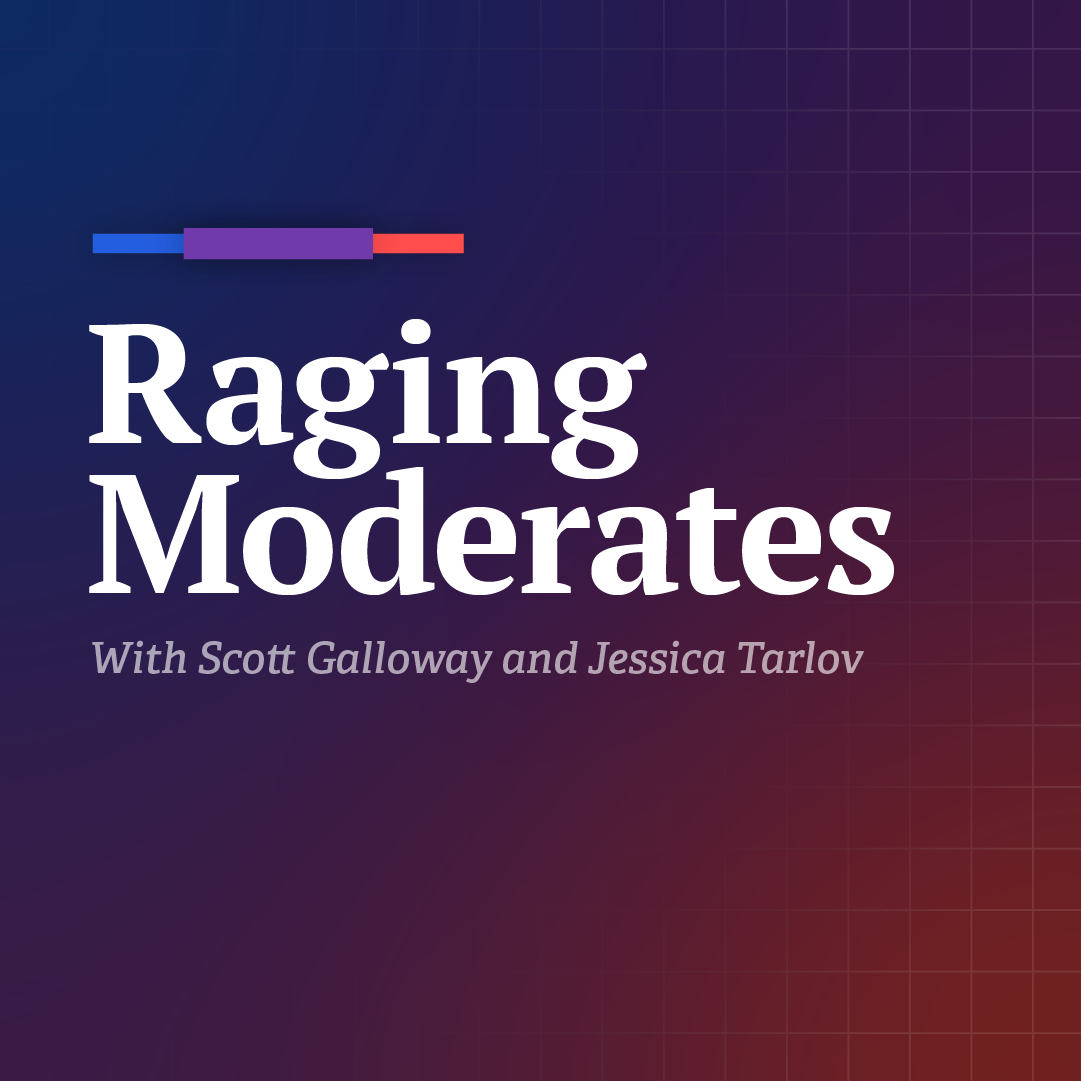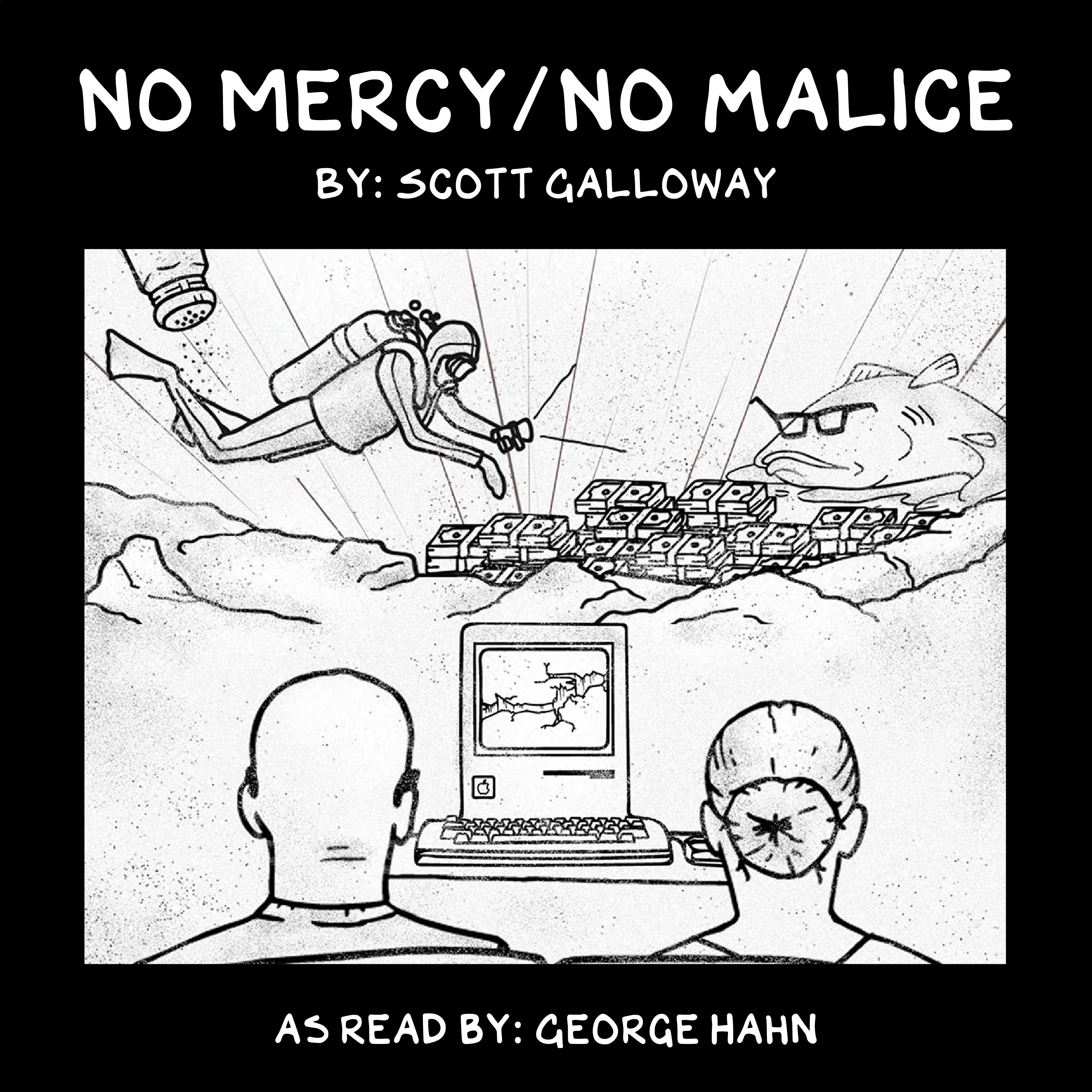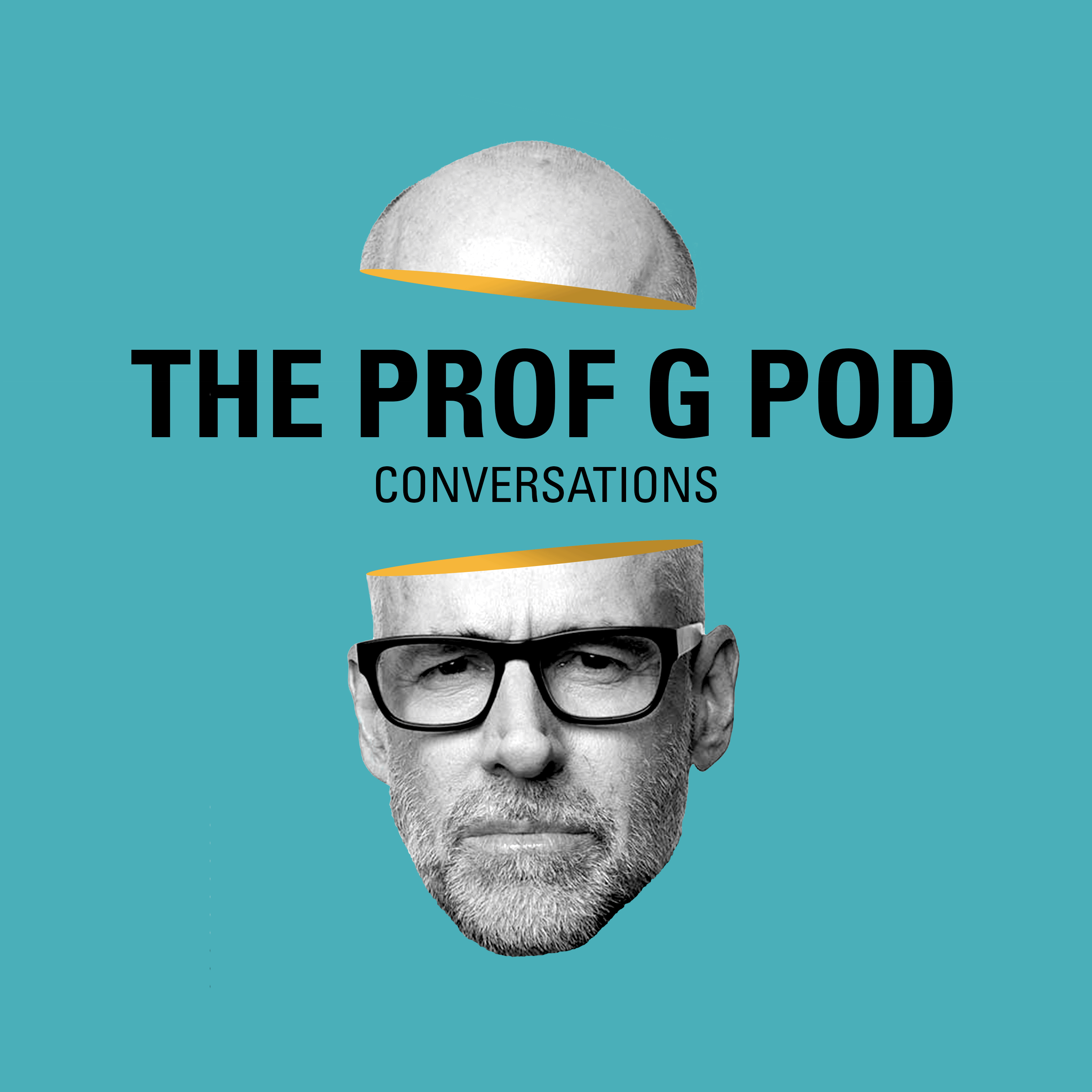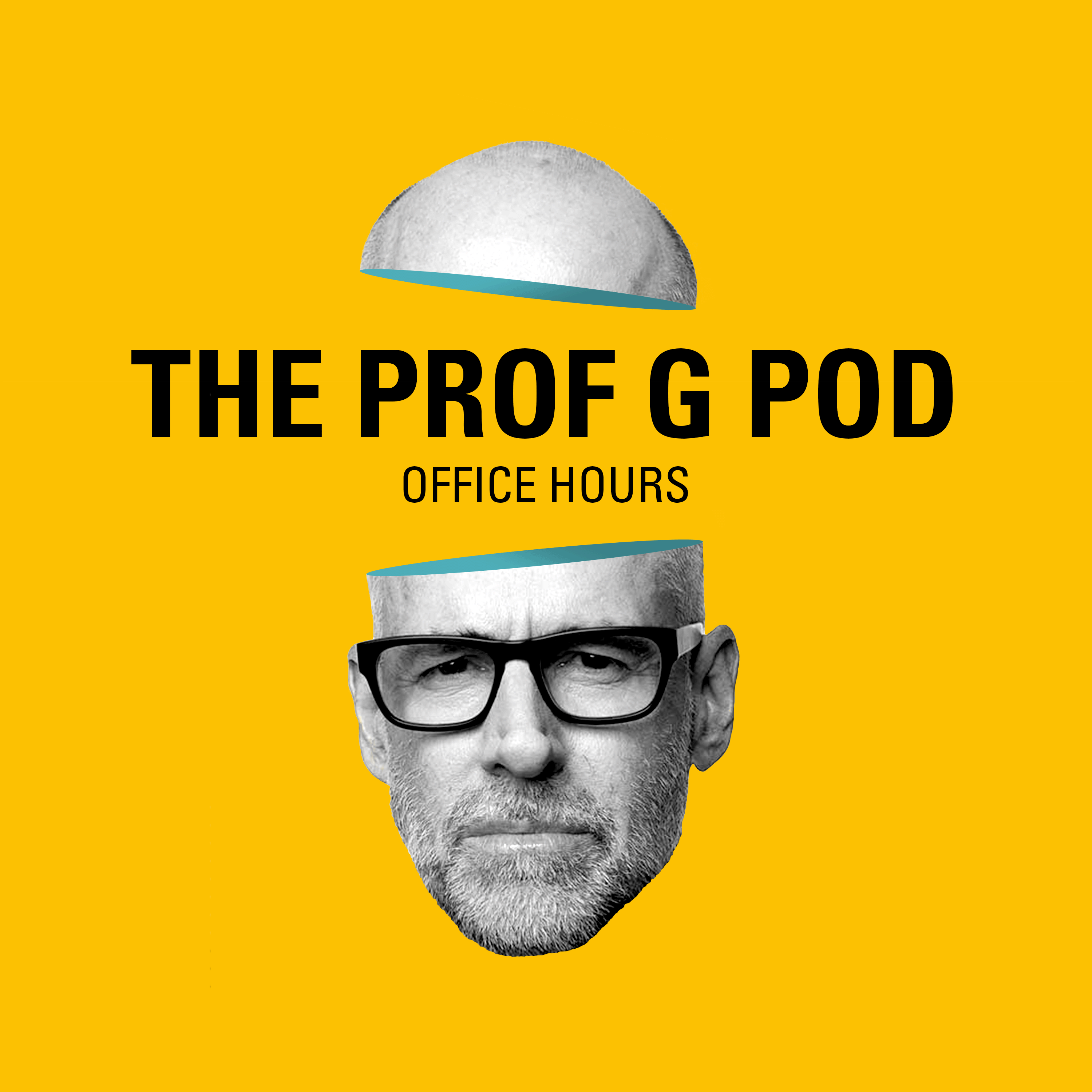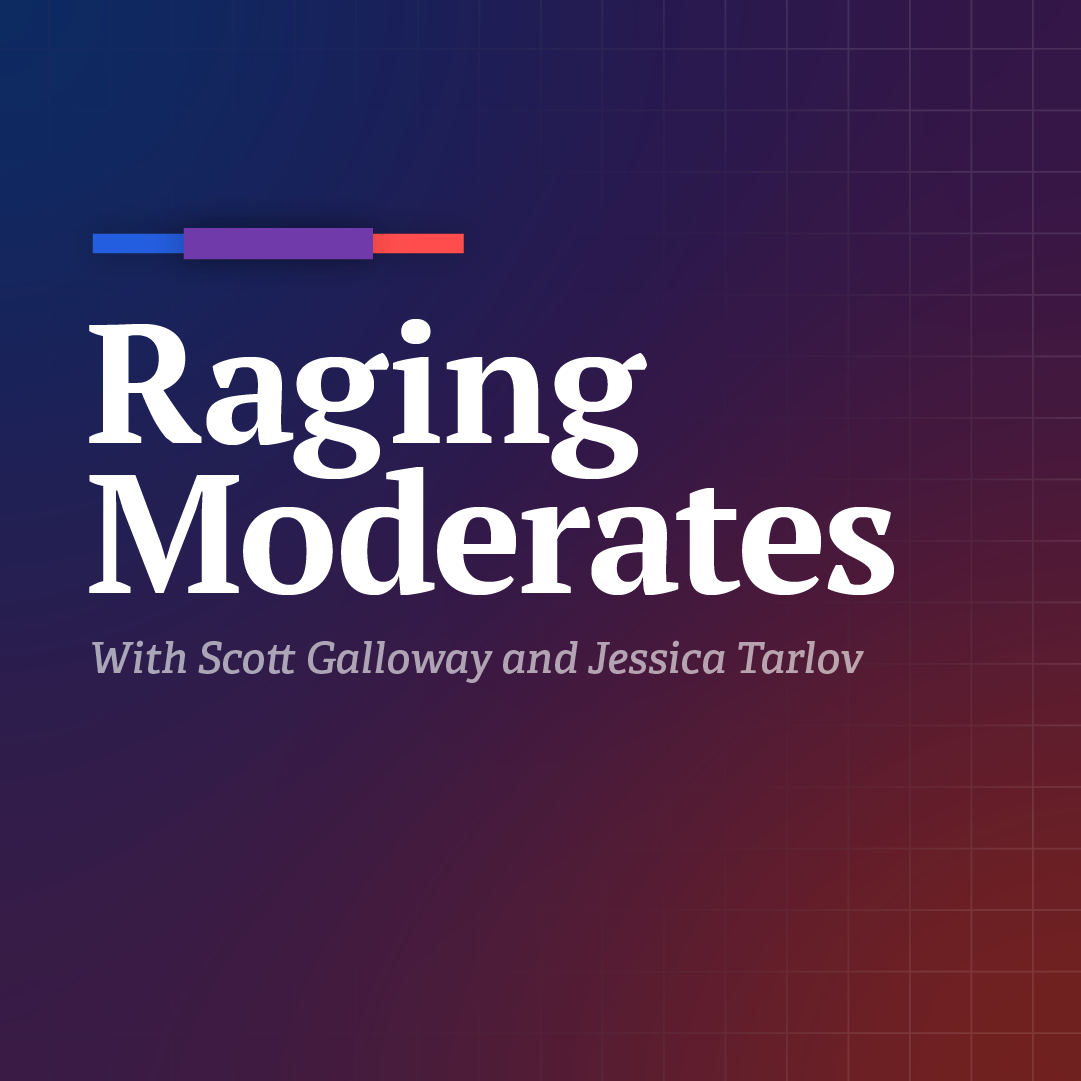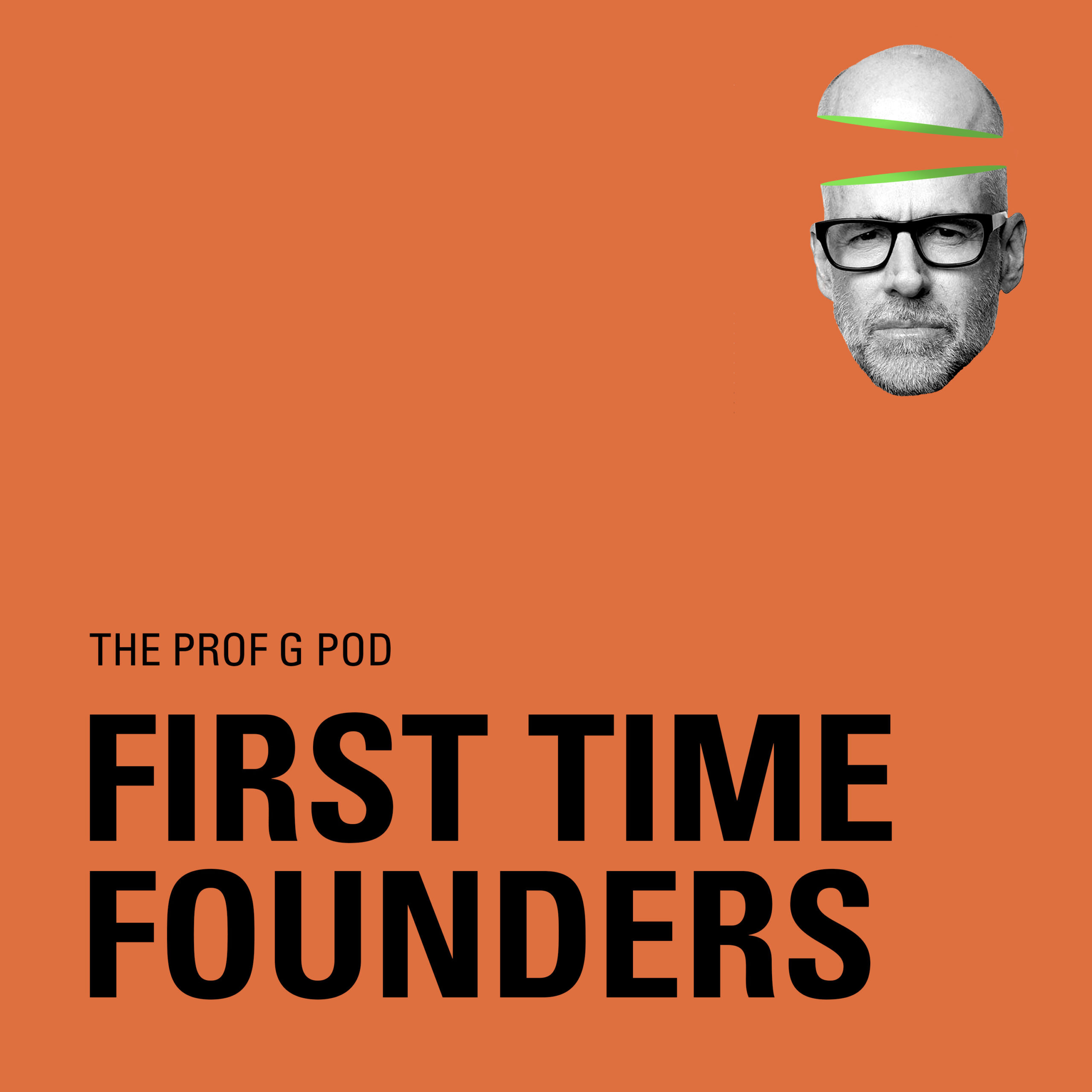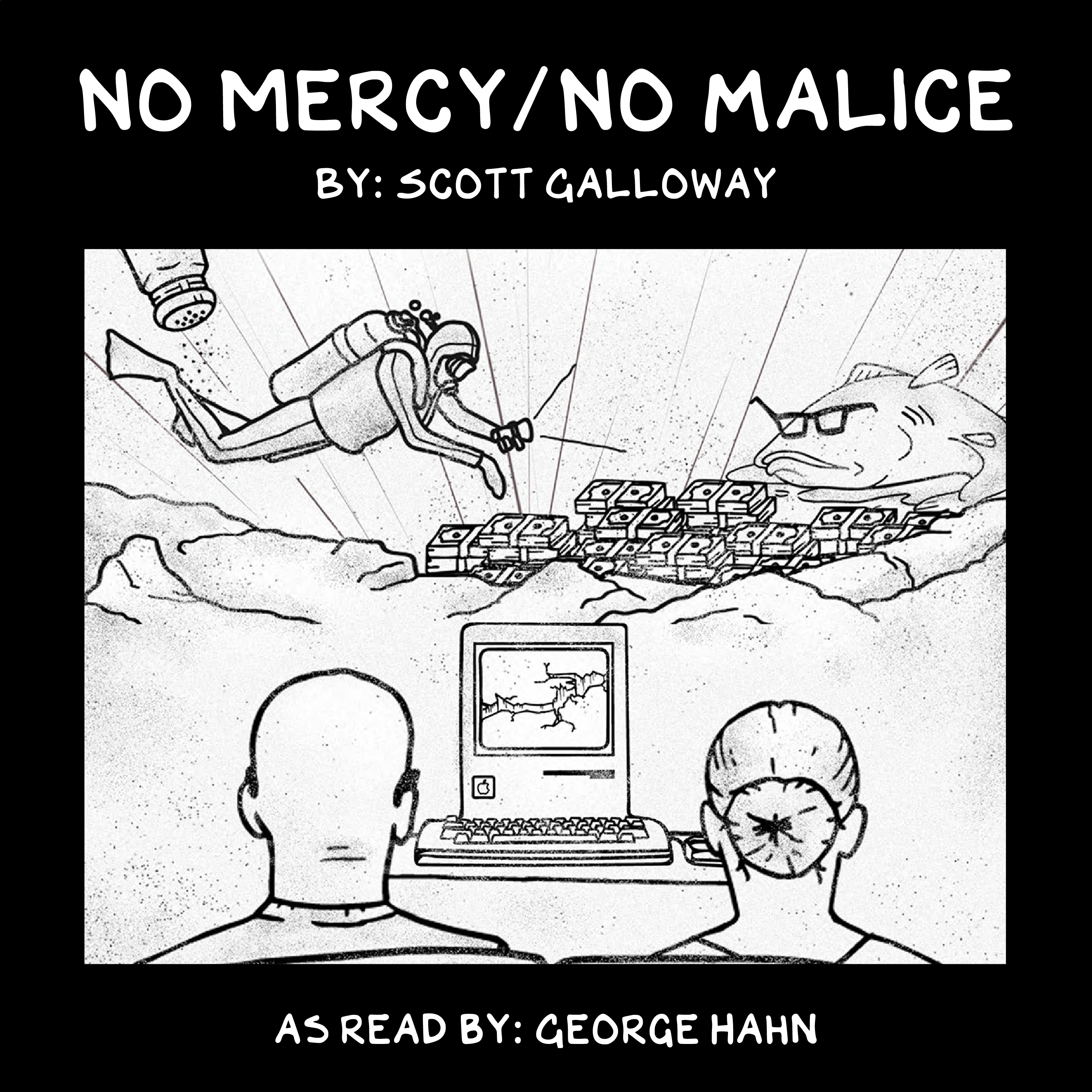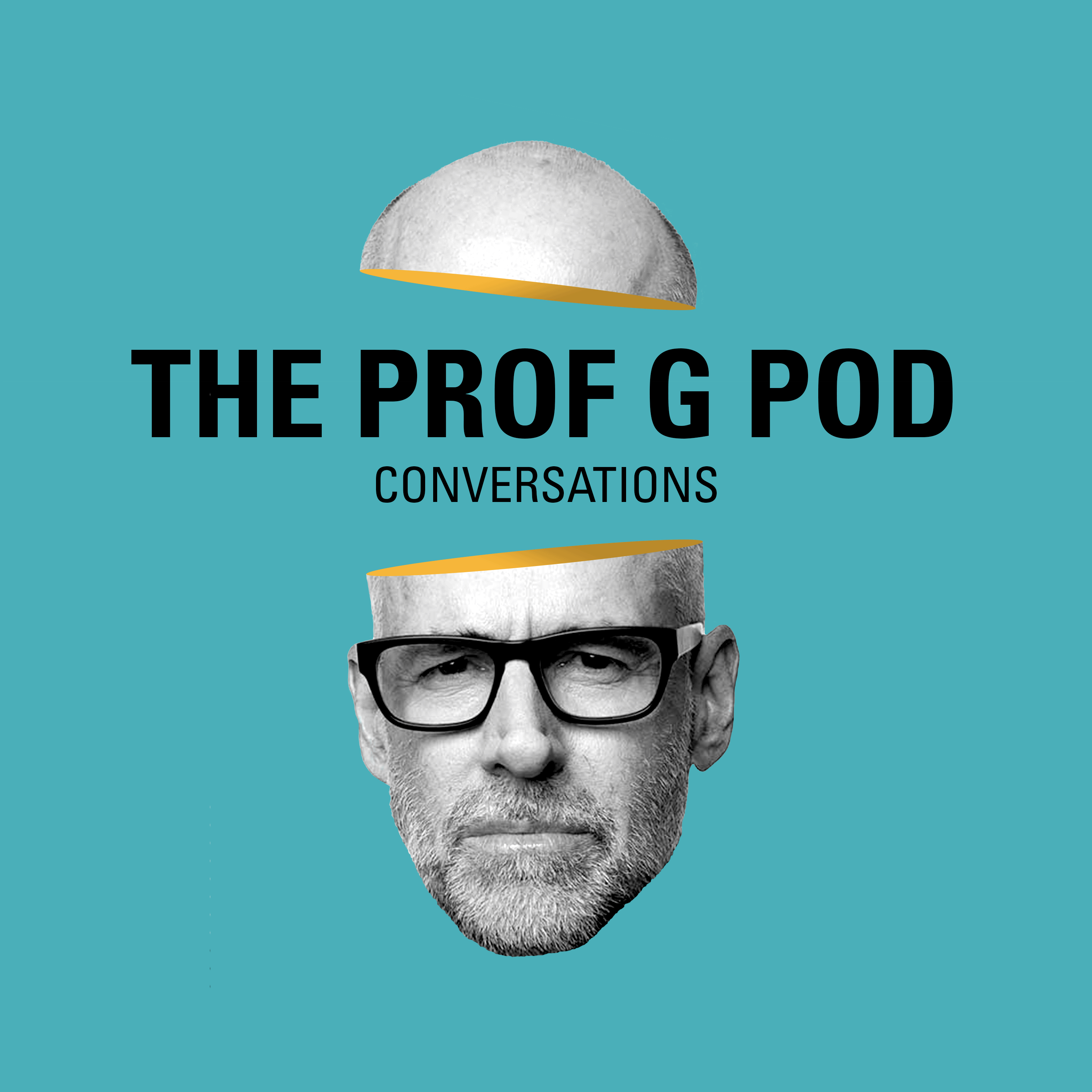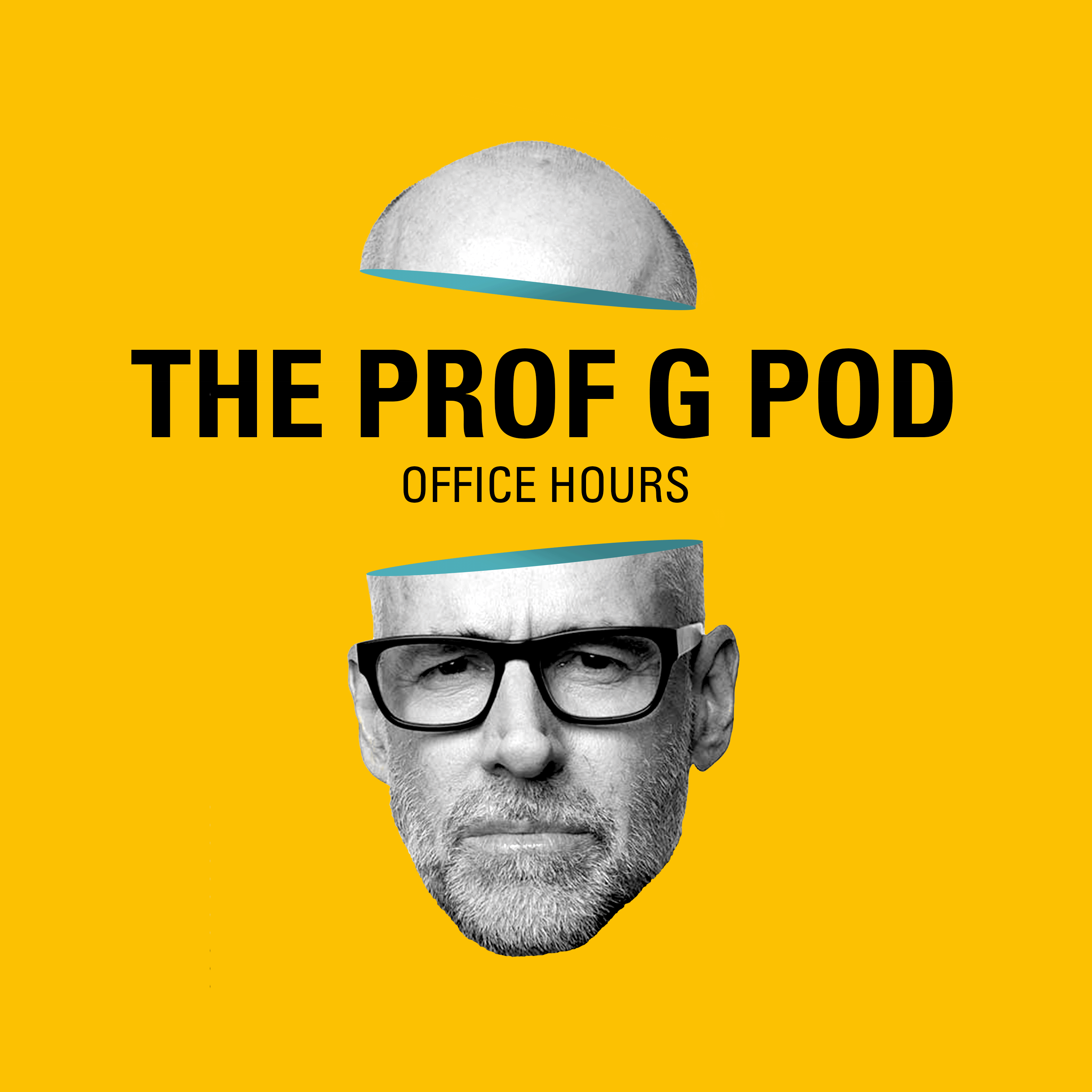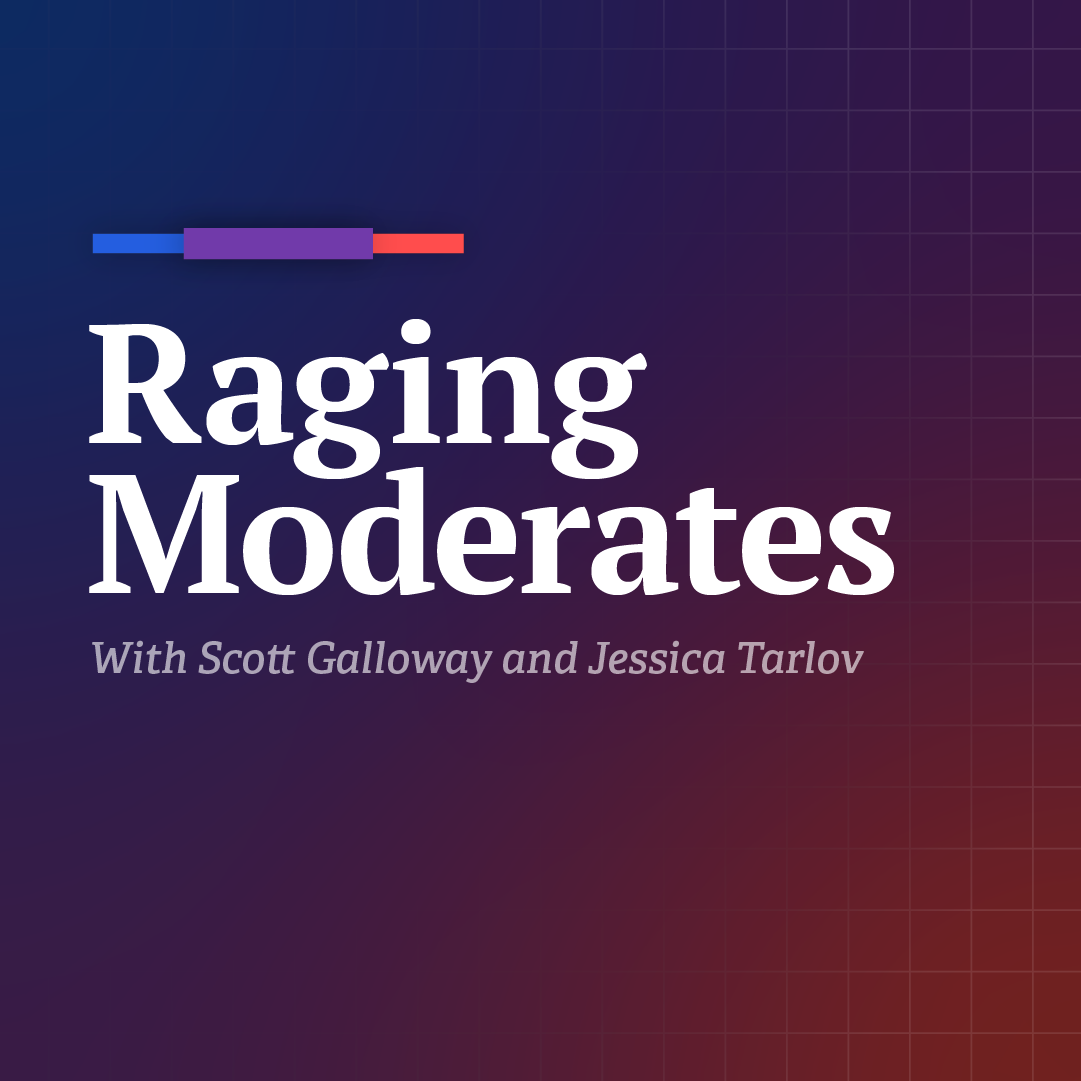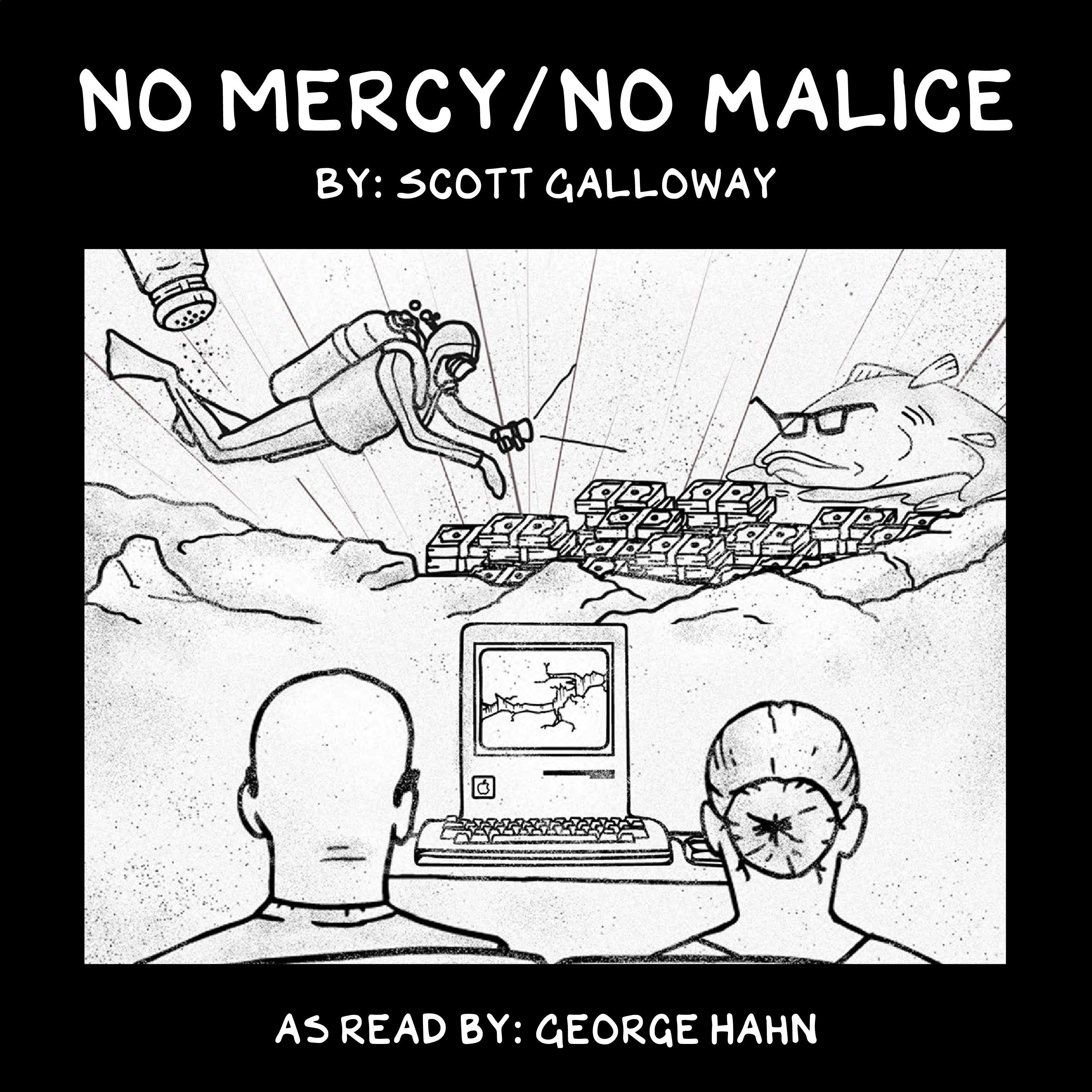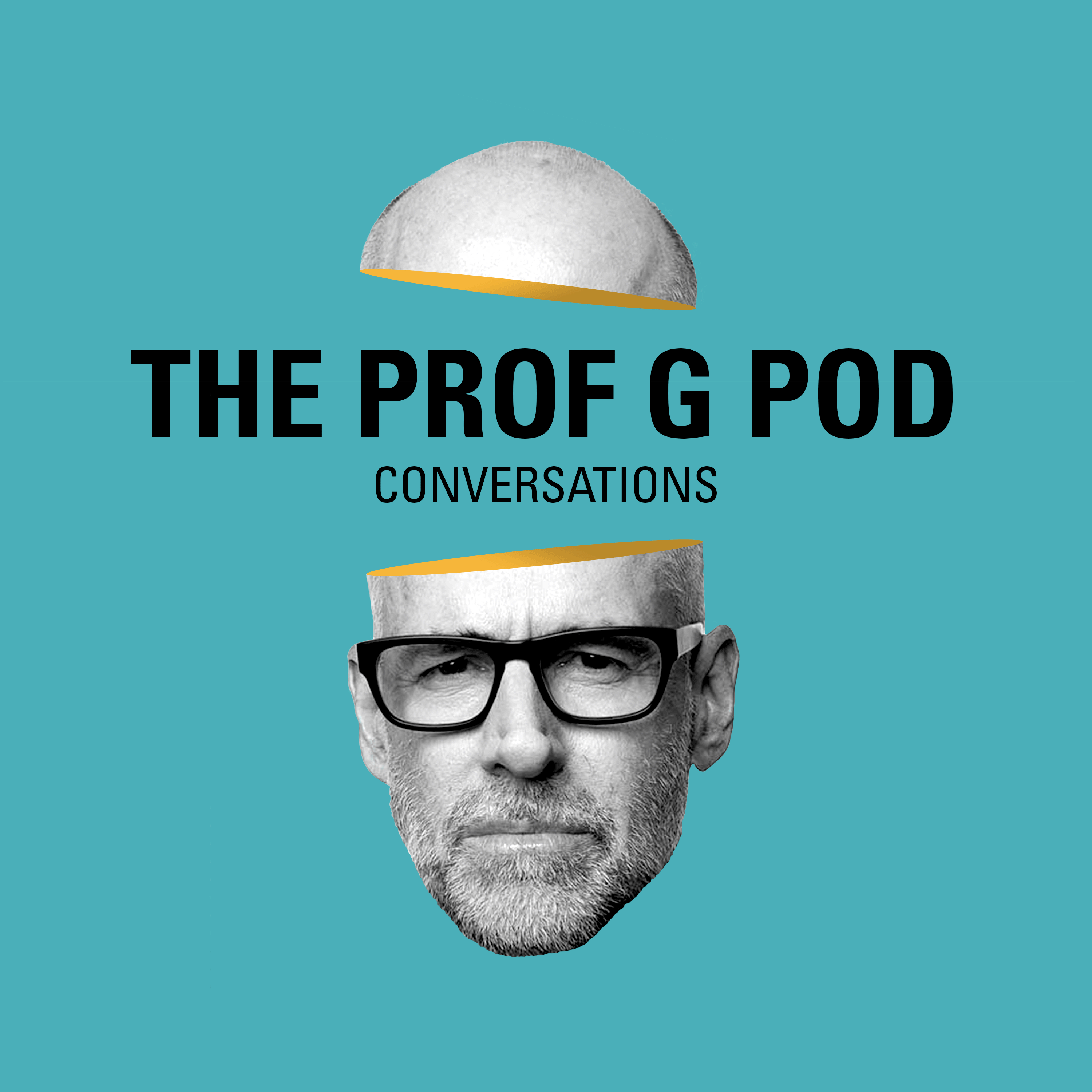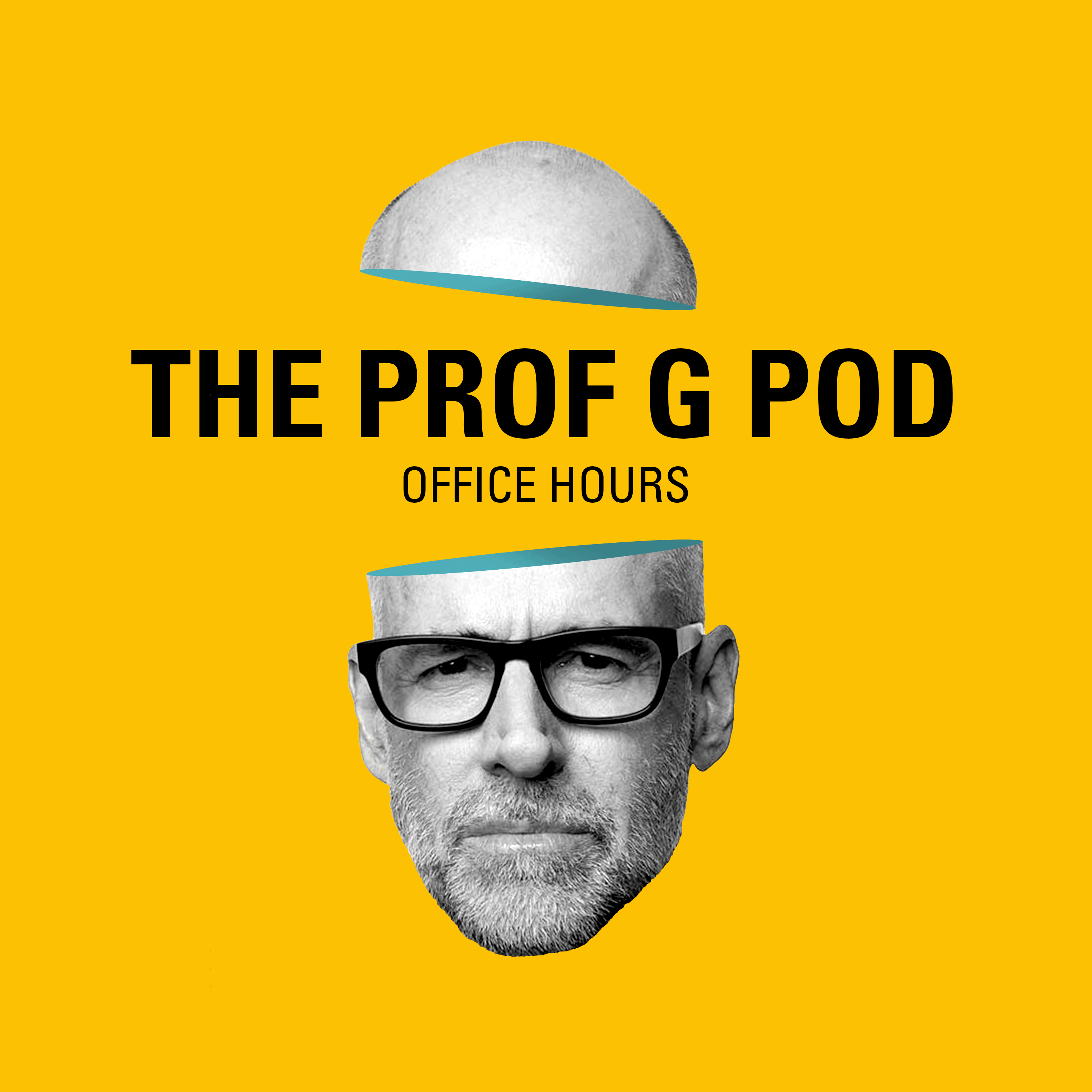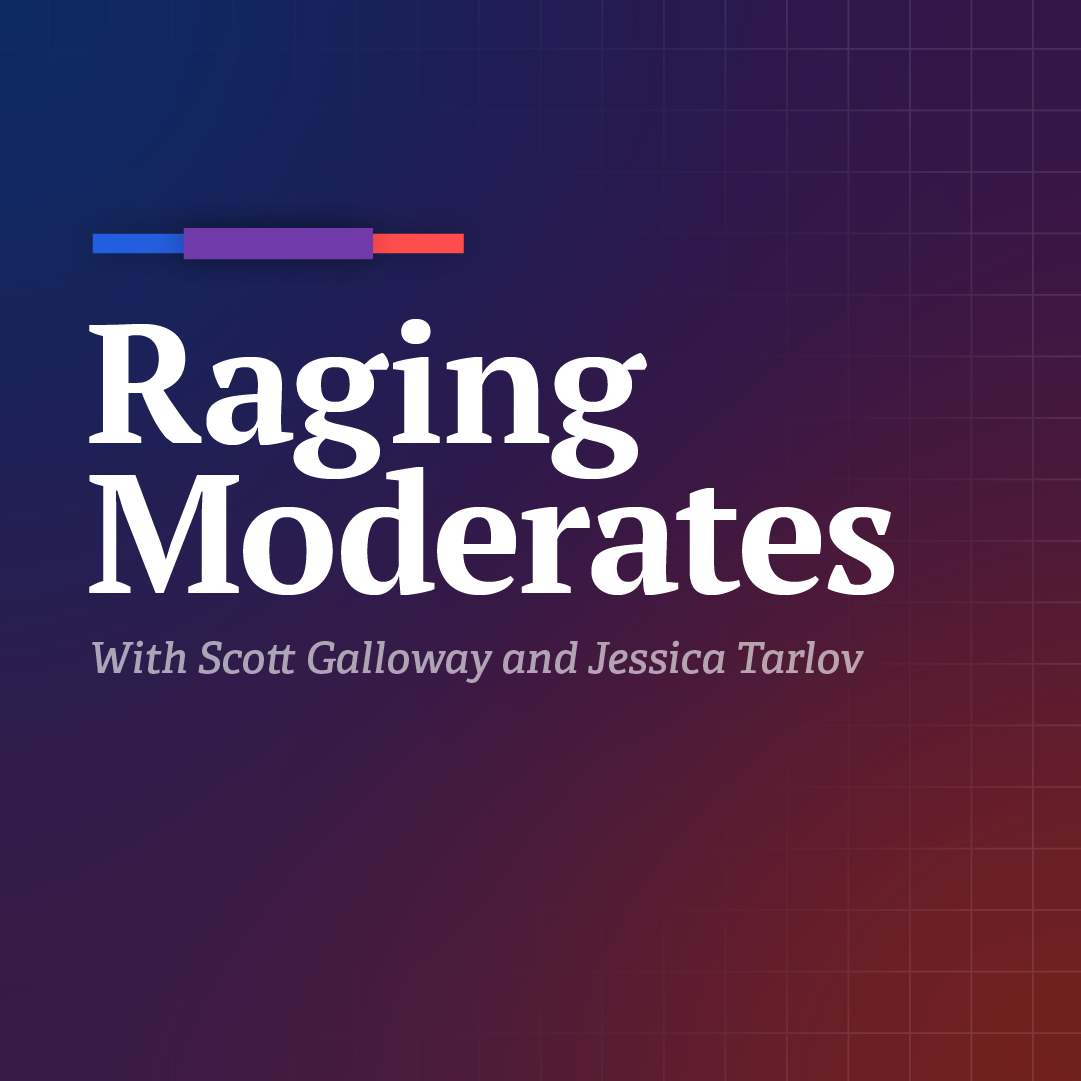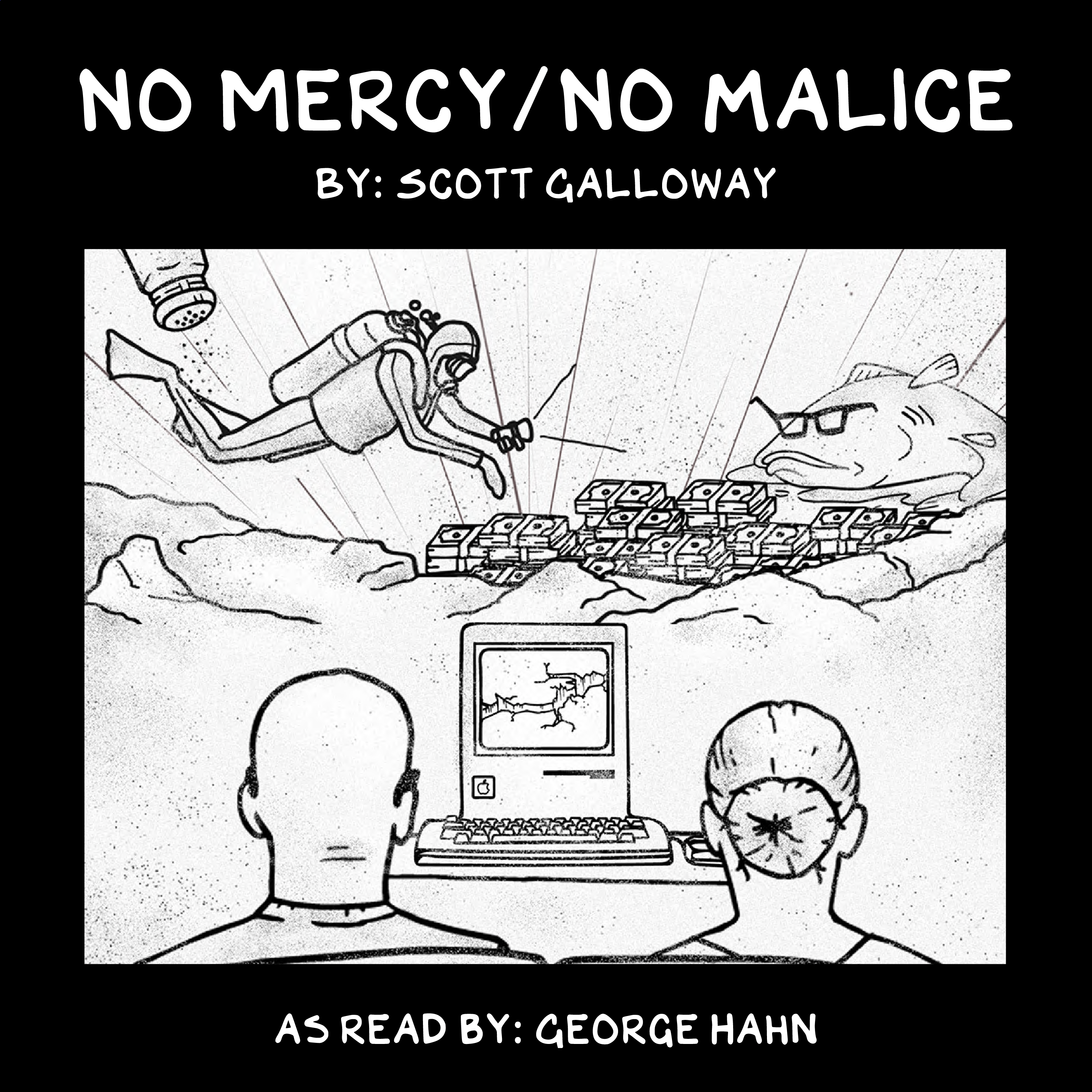Scott answers a big-picture question about the future of nonprofits. Then, he speaks to a listener preparing for a big move after college and offers advice on ...
Scott and Jessica break down the chaos surrounding Trump’s economic and immigration agendas. First, they dive into Trump’s trade war U-turn: after rattling ...
Scott and Ed dive into the ongoing trade war, unpacking how markets reacted to Trump’s 90-day tariff pause and the broader turmoil with China. They break down ...
As read by George Hahn. https://www.profgalloway.com/toxic-uncertainty/ Learn more about your ad choices. Visit podcastchoices.com/adchoices
Ian Bremmer, president and founder of Eurasia Group, joins Scott to discuss Trump’s tariffs, U.S.-China tensions, developments in Iran and Ukraine, and ...
Scott breaks down whether Elon Musk poses a fiduciary risk to Tesla shareholders. He then offers advice to a grandmother trying to help her 15-year-old ...
Scott and Jessica break down Trump’s sweeping new trade war that’s tanking the markets, Elon Musk’s rumored White House exit after a rocky tenure as Trump’s ...
Scott and Ed dig into the rubble of the record breaking $6.6 trillion sell-off following Trump’s tariffs announcements. They break down how Trump determined ...
Ed speaks with Scott Harrison, the founder and CEO of Charity: Water. They discuss his journey from nightclub promoter to non-profit founder, how his ...
As read by George Hahn. https://www.profgalloway.com/earners-vs-owners-2/ Learn more about your ad choices. Visit podcastchoices.com/adchoices
This is an episode we think you’d enjoy of Stay Tuned with Preet. Michael Sandel is a professor of political philosophy at Harvard University. He’s also the ...
Scott shares his thoughts on how America is perceived around the world and whether the U.S. is still seen as a reliable global partner. He also weighs in on ...
Jessica is joined by former Trump advisor Kellyanne Conway to break down the latest chaos inside the administration. They dive into the fallout from ...
Follow Prof G Markets: Apple Podcasts Spotify Scott and Ed open the show by discussing Delaware’s changes to its corporate governance laws, Waymo’s ...
As read by George Hahn. https://www.profgalloway.com/project-2028-wages/ Learn more about your ad choices. Visit podcastchoices.com/adchoices
This episode features a conversation with Ezra Klein, New York Times columnist and host of The Ezra Klein Show, and Derek Thompson, Atlantic staff writer, ...
Scott weighs in on the school choice debate and whether vouchers could make private education more accessible. Then, he breaks down Reddit’s stock ...
Jessica and Scott dive into the chaos at the Social Security Administration after its chief threatened to shut it down—only to backtrack when a federal judge ...
Still listening on the Prof G Pod? Follow Prof G Markets for more: Apple Podcasts Spotify Scott and Ed open the show by discussing the federal reserve’s ...
As read by George Hahn. https://www.profgalloway.com/porn/ Learn more about your ad choices. Visit podcastchoices.com/adchoices
- « Previous Page
- 1
- …
- 20
- 21
- 22
- 23
- 24
- …
- 61
- Next Page »

